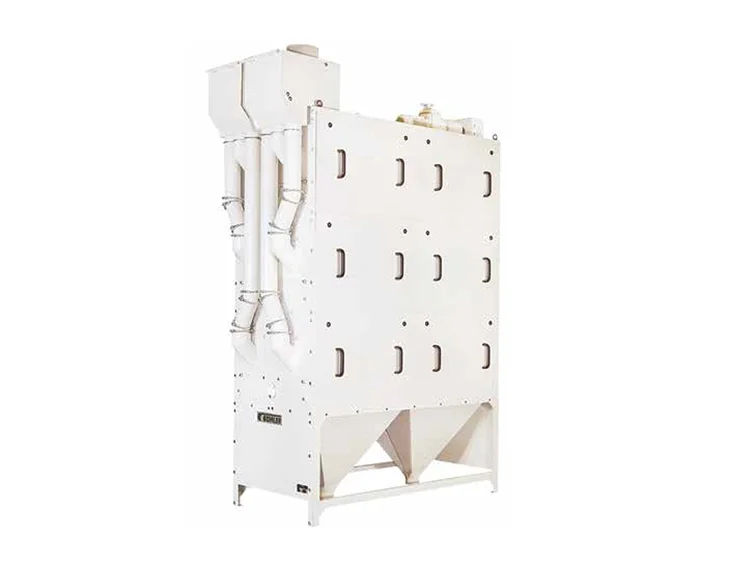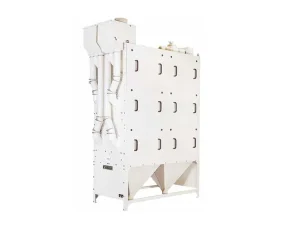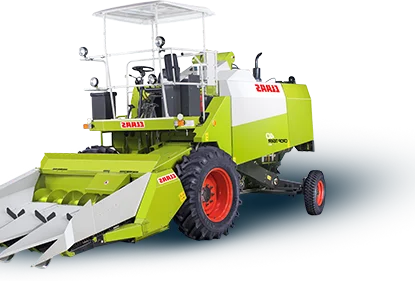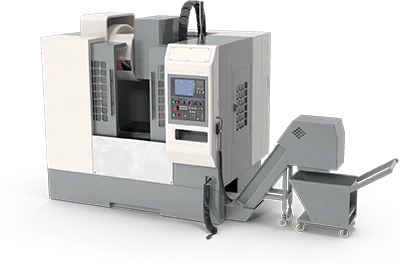-
BUHLER
DRGA
This Buhler thickness grader is a grain processing equipment designed for grading granular products into two fractions. It is used mainly in the food industry to size raw materials.
Farm Machinery
Grain Processing

About Thickness Grader
A thickness grader serves as a crucial machine in agricultural processing, especially within the grain industry. It sorts grains based on thickness, which ensures uniformity and quality in the final product. This sorting process is essential for preparing grains like rice, wheat, and barley for the market or further processing by separating broken or damaged grains from the whole ones.
The thickness grader machine operates on the principle of differential grain sizes, typically featuring a series of cylindrical indented screens or rotating drums with various hole sizes. As grains pass through these screens or drums, the larger, thicker grains cannot pass through the smaller holes, leading to their separation from the thinner ones. This method classifies grains by thickness, ensuring size consistency and quality.
Several reasons make this grading process crucial. First, it boosts the grain's marketability by enhancing its aesthetic appeal, as consumers often view uniform grain size as a quality indicator. Second, it increases the efficiency of subsequent processing stages, like milling, by leading to more consistent milling results, thus reducing waste and boosting yield. Moreover, removing broken or thinner grains is vital for quality control, as these grains can impact the cooking quality and taste of the final product.
In modern agricultural processing plants, thickness graders are designed to operate with high efficiency and capacity, handling large volumes of grain quickly and accurately. They form an integral part of the grain processing chain, contributing to the production of high-quality food products. By ensuring grain size uniformity, thickness graders play a pivotal role in fulfilling the standards and expectations of the food industry and consumers.
25 Years of Service in Agricultural Industry



